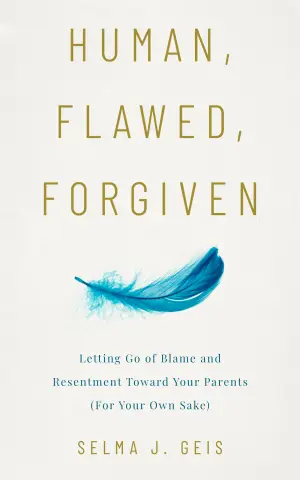As a lover of historical fiction, I picked up “The Paper Girl of Paris” with great expectations, and I was not disappointed. The dual timeline narrative intrigued me, especially as it promised a creative blend of past and present that often results in a rich tapestry of storytelling. The appeal of a hidden apartment in Paris, combined with the mysteries of World War II, was simply irresistible.
The story unfolds through the eyes of 16-year-old Alice, who, after her grandmother’s death, discovers a mysterious apartment in Paris that has been locked away for over seventy years. In her quest for answers, she enlists the help of Paul, a charming local student. Meanwhile, the narrative also follows Alice’s great-aunt Adalyn during the Nazi occupation, painting a vivid picture of life under extreme duress. I was particularly captivated by this duality—the way the past intricately influenced the present, making Alice’s investigation so much more than just a personal journey; it became a collective memory of hardship, resistance, and love.
One of the book’s strengths, echoed in other readers’ reviews, is its strong character development, especially of the female protagonists. Adalyn’s story brings a gripping intensity to the novel, showcasing her bravery and moral dilemmas while navigating the treacherous waters of resistance against the Nazis. This aspect of the story was consistently praised, and I found myself deeply invested in her journey—a sentiment I believe many readers will share. As one reviewer noted, Adalyn’s chapters overflowed with emotional depth, making her experiences resonate long after I closed the book.
On the other hand, Alice’s contemporary storyline, while engaging, occasionally took a backseat to the gripping historical narrative. This imbalance was noted by some readers, and I found myself wishing Alice had the same depth as her great-aunt. While Alice is portrayed as a modern teenager grappling with her family’s secrets, I sometimes found her emotional responses inconsistent and a bit overly dramatic compared to Adalyn’s mature and courageous demeanor amid the pressures of war. This contrast made it harder for me to connect with Alice at times, especially when the stakes of her personal dilemmas paled in comparison to Adalyn’s life-and-death struggles.
The blend of drama, romance, and the exploration of family secrets is another highlight. The book does an admirable job of presenting the painful realities of the past alongside the lighter moments in Alice’s life, including her budding romance with Paul. It’s a heartfelt counterbalance that serves both narratives well, giving readers a taste of love even amidst the upheaval of war.
However, not everything about the narrative carried me away. Some readers pointed out that the “mystery” Alice attempts to unravel felt a bit obvious at times, and I agree. The connections she makes regarding her family history weren’t as surprising as I had hoped, which may have diluted some of the suspense that was essential to keep me flipping pages late into the night.
Overall, the writing quality is commendable. The author, Jordyn Taylor, has a captivating way of weaving together the two time periods, making each jump feel seamless and purposeful. The descriptive richness of Paris, both in its historical and modern forms, painted a beautiful backdrop that further added to the immersion of the story. It’s easy to see why readers have called it a “quick read that history lovers will easily devour.”
In conclusion, “The Paper Girl of Paris” delivered on many fronts. Its strong characterization and emotional depth, particularly through Adalyn, alongside the exploration of themes like bravery, family secrets, and romance in the face of danger, made for an engaging read. While Alice’s storyline had its ups and downs and occasionally lacked the same gravitas as Adalyn’s, the overall narrative remained compelling. I wholeheartedly recommend this book not only to fans of historical fiction but also to anyone looking for a story that balances personal discovery with the haunting realities of history. If you’re intrigued by the dual timelines and the resilience of women throughout history, this book is definitely worth your time.








